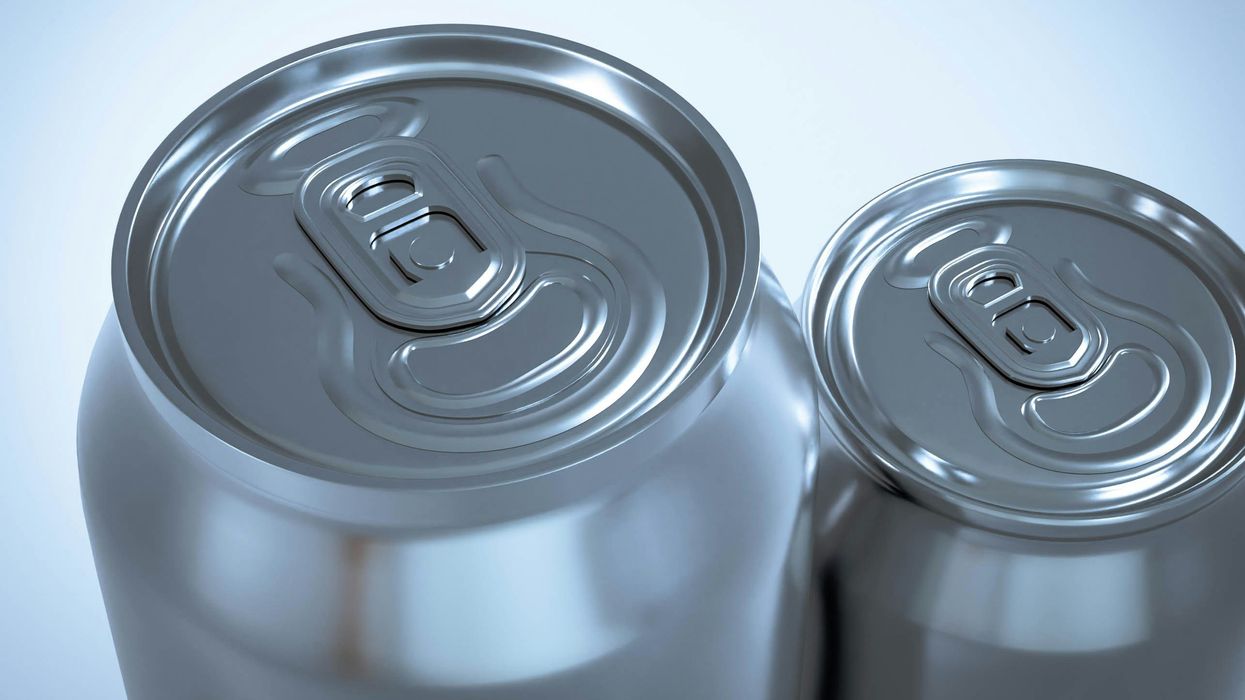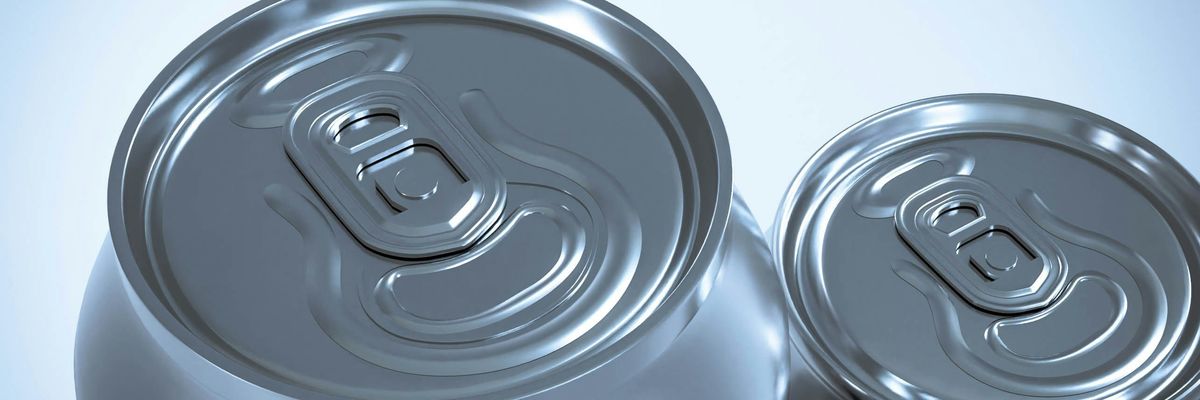A recent study published in the Journal of Hazardous Materials tested non-alcoholic beverages packaged in plastic, glass, cartons, and metal cans for contamination from endocrine disrupting chemicals (EDCs).
In short:
- EDCs were found in 90% of the beverages tested. Sixty-three different types of EDCs were detected overall.
- Drinks in metal cans contained higher concentrations of EDCs than any other packaging tested. This was true even for products sold by the same brand but packaged in different materials.
- Bisphenols, including BPA - a particularly dangerous chemical associated with harmful health effects - accounted for 87% of the EDCs found.
Key quote:
“The results demonstrated that metal-based beverage containers play a crucial role in the release of EDCs into packaged water/drinks during contact.”
Why this matters:
Diet is the primary source of EDC exposure, and non-alcoholic beverages account for a quarter of global dietary intake. While the health risks of EDCs are well-established, most countries have no enforceable policies in place to limit their use in food packaging. When calculating average daily intake, the levels of BPA detected in this study are up to 2,000 times higher than the most recent safety guidelines, highlighting the need for regulation to catch up to the reality of exposure.
Related EHN coverage:
Marchiandi, Jaye et al. for Journal of Hazardous Materials vol. 465. Mar. 5, 2024

















